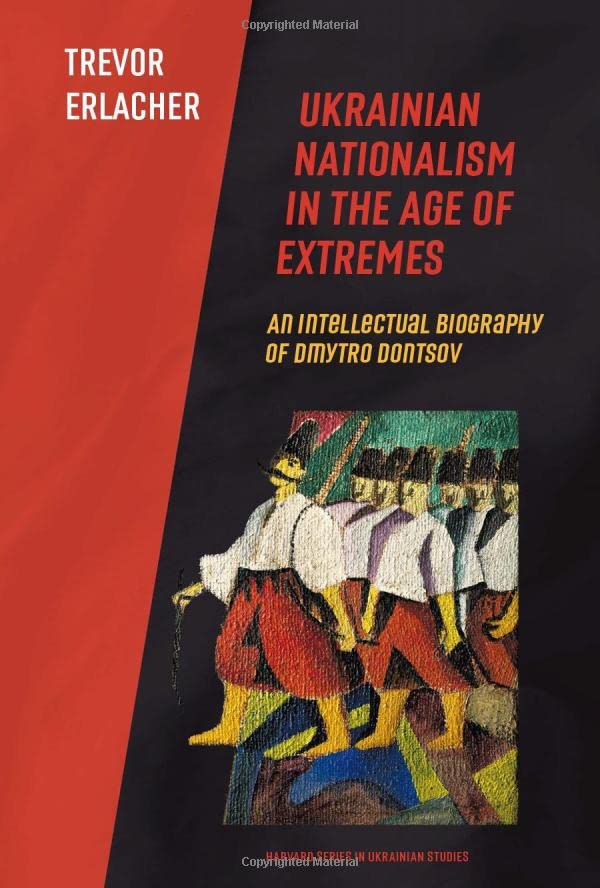

Most ebook files are in PDF format, so you can easily read them using various software such as Foxit Reader or directly on the Google Chrome browser.
Some ebook files are released by publishers in other formats such as .awz, .mobi, .epub, .fb2, etc. You may need to install specific software to read these formats on mobile/PC, such as Calibre.
Please read the tutorial at this link: https://ebookbell.com/faq
We offer FREE conversion to the popular formats you request; however, this may take some time. Therefore, right after payment, please email us, and we will try to provide the service as quickly as possible.
For some exceptional file formats or broken links (if any), please refrain from opening any disputes. Instead, email us first, and we will try to assist within a maximum of 6 hours.
EbookBell Team

4.4
92 reviewsUkrainian nationalism made worldwide news after the Euromaidan revolution and the outbreak of the Russo-Ukrainian war in 2014. Invoked by regional actors and international commentators, the “integral” Ukrainian nationalism of the 1930s has moved to the center of debates about Eastern Europe, but the history of this divisive ideology remains poorly understood.
This timely book by Trevor Erlacher is the first English-language biography of the doctrine’s founder, Dmytro Dontsov (1883–1973), the “spiritual father” of the Organization of Ukrainian Nationalists. Organizing his research of the period around Dontsov’s life, Erlacher has written a global intellectual history of Ukrainian integral nationalism from late imperial Russia to postwar North America, with relevance for every student of the history of modern Europe and the diaspora.
Thanks to the circumstances of Dontsov’s itinerant, ninety-year life, this microhistorical approach allows for a geographically, chronologically, and thematically broad yet personal view on the topic. Dontsov shaped and embodied Ukrainian politics and culture as a journalist, diplomat, literary critic, publicist, and ideologue, progressing from heterodox Marxism, to avant-garde fascism, to theocratic traditionalism.
Drawing upon archival research in Ukraine, Poland, and Canada, this book contextualizes Dontsov’s works, activities, and identity formation diachronically, reconstructing the cultural, political, urban, and intellectual milieus within which he developed and disseminated his worldview.